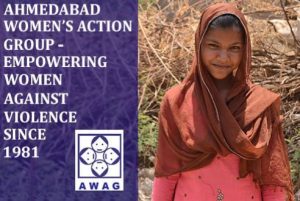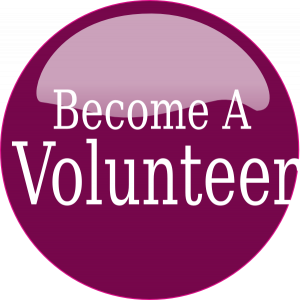Testimonials
Doctor – Hasmukhbhai Soni – Rakhiyal Ahmedabad
I am serving at Ojas Hospital in Rakhiyal, Ahmedabad and am familiar with the organization’s team. Women subjected to fatal injuries caused by domestic violence are brought here by the community leaders for treatment. The leaders’ presence and sensitivity enables the victim to vent her pain and problem with ease, thereby facilitating her treatment. On the other hand, if the woman victim is alone or accompanied by her in-laws/relatives, she is unable to voice her feelings freely due to family pressure or fear and hence tries to conceal the reality behind her injuries.
In fact, I recommend that violence victims who approach me for treatment reach out to the organization for moral support and guidance. In the same vein, I too seek help from the organization’s team to lend me a hand in handling the cases at my clinic. The skill with which they guide and counsel the women proves helpful in the course of treatment.
Many a times, even in serious cases wherein women have attempted suicide due to extreme abuse, the leaders and team members are always present to give the victim much needed warmth and support.
Such interventions are helpful to society.


STAKEHOLDER
ASHA Worker – Hajraben – Village Taga, Rapar
My association with AWAG dates back to many years ago when I was selected as a community leader following my participation in the awareness-raising workshops in my village.
During our interventions related to health, it was realized that there was no ASHA worker in the village. In fact, nobody was ready to take on the role because women were generally afraid to step out of their homes. Owing to the needs of the situation, and my readiness to work, the organization recommended that the health authorities consider me as a potential candidate. I was appointed as an ASHA worker and have been working as one since then.
My confidence grew considerably. Under my leadership, the spread of immunization among children increased over time. Initially, women would resort to superstitious practices during illness, but with the growing awareness that was created, the people now visit the local health centre for treatment. Similarly, deliveries at home that often posed high risks and mortality are now conducted at health centers, thereby lowering the maternal/child mortality rates. Earlier, the oppressive custom of saataa marriages led to a high count of unnatural deaths of girls. While we confess that we still have a long way to go, there has been a gradual decline in this custom through the community leaders’ interventions in this regard. Let us not forget the kitchen gardens that brought about an understanding in relation to growing green leafy vegetables and the importance of consuming it. Overall awareness among women has increased through workshops that were regularly conducted in the village. Women have learnt to resist violence. Men-folk too, have realized that they cannot inflict violence and get away with it. Women’s confidence and respect, too, has increased.
BALA THAKRAR (DONOR)
AWAG does excellent work at grassroots to improve the lives of women and their families. I feel confident donating to AWAG, as I know the projects are well researched and efficiently delivered. I would like to thank all the AWAG staff and volunteers for their commitment to improving the lives of disadvantaged women in Gujarat.
Kavita Dattani (Volunteer)
I worked with AWAG in the capacity of a research and communications volunteer. I took part in developing AWAG’s communications tools, and developing new areas for outreach including the Global Giving fundraising platform and the AWAG monthly newsletter. Working with AWAG was a great experience for me, and I learnt a lot about women’s issues in Gujarat. The team are very friendly and welcoming, and I particularly enjoyed working AWAG’s office. All in all, it was a great experience!
